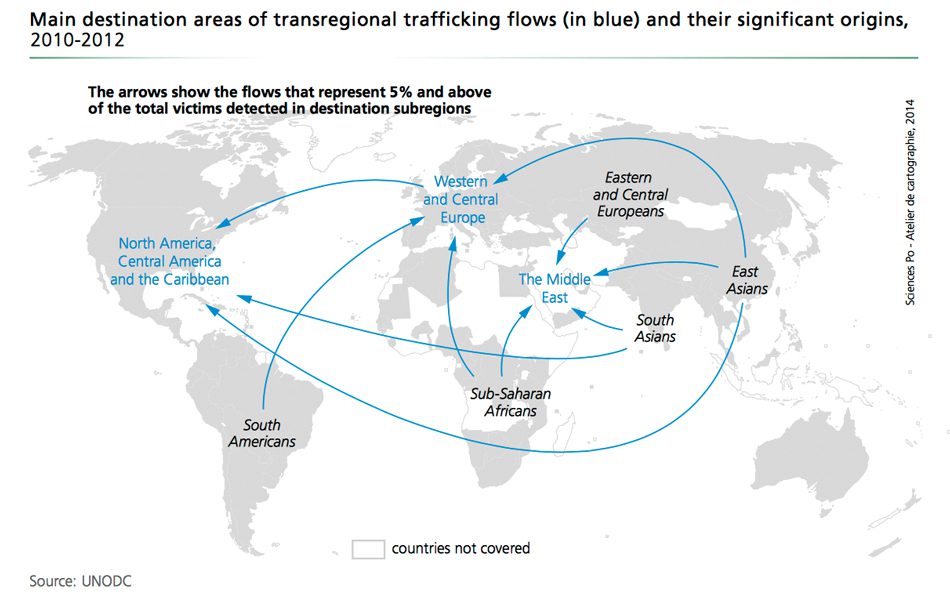New international task force aims to connect professionals, resources
The Salvation Army appointed a new anti-human trafficking task force to work with the International Social Justice Commission (ISJC) in promoting and coordinating anti-human trafficking response on behalf of the Army around the world.
“We’re made in the image of God and therefore every person has infinite value and intrinsic dignity and should be treated equally—not as a trafficked commodity,” said Lt. Colonel Dr. Eirwen Pallant, ISJC deputy director and chairperson of the task force. “The Salvation Army has varying involvement in anti-trafficking work around the world, and this task force will work primarily to connect these professionals, putting them in touch to share resources and learn from one another.”
The task force comes more than a year after the creation of a Salvation Army European anti-human trafficking response network and just a month after the Victims of Trafficking Act of 2015 was signed into law in the U.S., aimed at curbing sex trafficking crimes and providing aid to victims. It is an issue with increasing international scope, according to the United Nations 2014 Global Report on Trafficking in Persons, which found between 2010 and 2012, victims from at least 153 countries were detected in 124 countries worldwide and one third of all victims were children.
Under Pallant’s leadership, the 15-member task force first met together in London July 7. Americans include Commissioner Nancy Roberts, world secretary of women’s ministries at International Headquarters, and Lt. Colonel Ardis Fuge, national social services secretary at National Headquarters.
In its initial months, the group will develop a strategy for its role as a resource, to develop guidelines and standards for anti-human trafficking work within the Army, encourage communication and sharing of best practices, to facilitate responses between territories where appropriate, and to develop partnerships with other organizations at an international level.
“Anti-human trafficking work overlaps with a number of elements of Salvation Army service—from prisoners, to prostituted individuals, to child protection,” Pallant said. “That is why international coordination of best efforts is such an important thing.”
The group will report via the ISJC to the International Management Council at International Headquarters.












